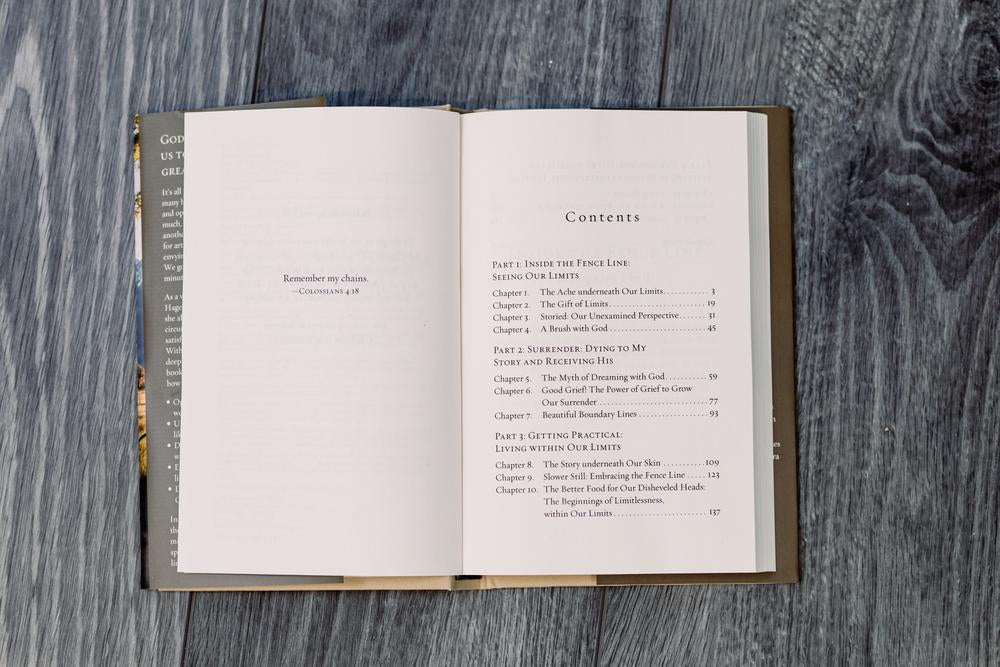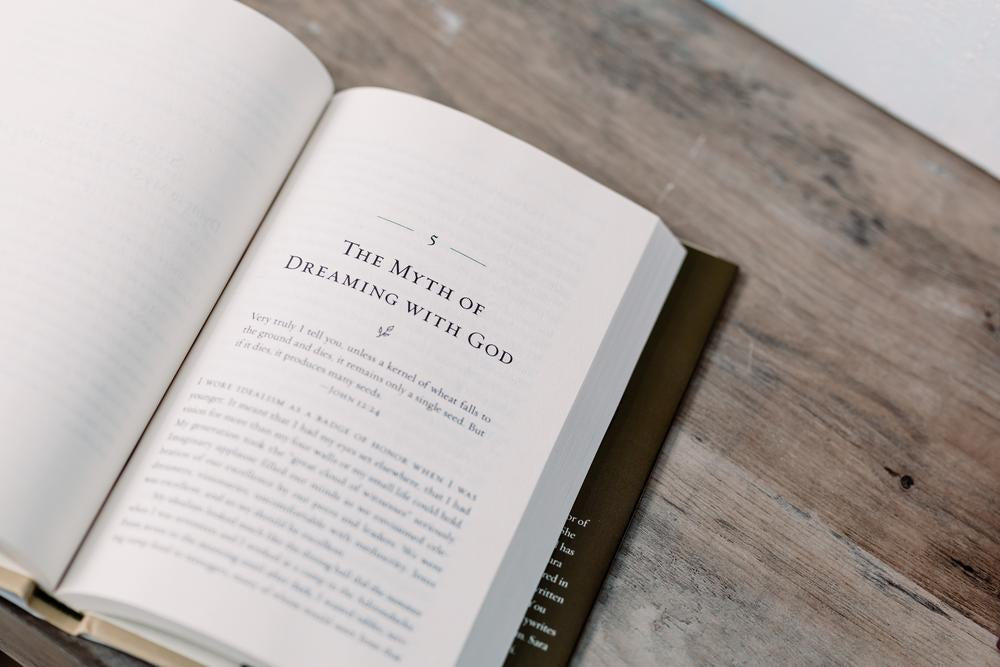Recently I heard a woman described as “impressive.” She could lead a room. She had a quick wit and sharp intelligence. In her young life, she had accomplished much and seemed to continue accomplishing much. She worked late into the night and won the attention of clients and prospective clients because of her willingness to go the extra mile, no matter the cost. More than that, she loved God and prayed with power.
But I’d seen behind the scenes. I’d seen the dark circles under her eyes and her nervous habits. I knew she felt frayed as a mom, not enough as a wife, a failure as a friend. She wasn’t pleased with the work that wowed others.
She had a remarkable exterior life, but her inner life appeared to be headed for burnout. Christians around her applauded her diligence and her fervency in prayer, but they failed to notice the tightness in her gait.
We are often weak observers, of both ourselves and others, measuring the external and not looking beneath the surface. But the more I strengthen the skill of observing myself, the more I can see my neighbor. There are stories underneath our skin.
Most of us are not merely ignorant of them, we’re scared to see them. We’re afraid to look.
Seeing the stories beneath our skin can start as small as building moments into the day when we notice ourselves and our reactions to the world around us. Simple questions draw our attention to our interior lives, which crave God but often don’t know how to access Him. They draw our attention to the stuck parts of ourselves.
How did I feel after that conversation?
What made my heart race today? And what did that heart-racing tell me about myself?
When did the fog set in and I was merely reacting and not present? What happened just before this fog that might have made my brain go offline?
Underneath my mad, was there sad?
At what point did I start to feel bad about myself?
What couldn’t I erase from my mind?
What happened in my body and my thoughts after that conversation?
The pages of the Word tell us that God delights in truth in the inward being and teaches wisdom in the secret heart (Psalm 51:6). God cares about these deeper parts of ourselves that the questions uncover. He made space inside us to implant wisdom in, but when we’re mostly reacting, that secret heart from Psalm 51:6 is buried. Paying attention to what He cares about — the inner workings of our hearts — is a gentle process of excavating.
- We can’t know the anxieties and the fears to bring to God unless we first notice them. Our response to our limits is worth our attention.
The Word is full of God’s care for the intricacies of the human heart, that heart we often ignore and shame with phrases like “Why can’t I just get over this? I don’t know why it feels so hard.” He understands the intricacies of our hearts, but we have to first notice them before we can ask Him for that understanding. The psalmist said,
But when I thought how to understand this, it seemed to me a wearisome task, until I went into the sanctuary of God; then I discerned their end. — Psalm 73:16–17 ESV
God gives discernment to those who ask for it, but we must pay attention to know how to ask.



























![[ Extreme Clearance Price🚀!] $189 Refurbished WQ-W4 Pro E-Scooter! $32.99 220V Electric Welding Machine! $28.99 Blitzwolf BW-HL6 Smartwatch!](https://img.offersplan.com/email/banggood-com/1736670108.jpg)









